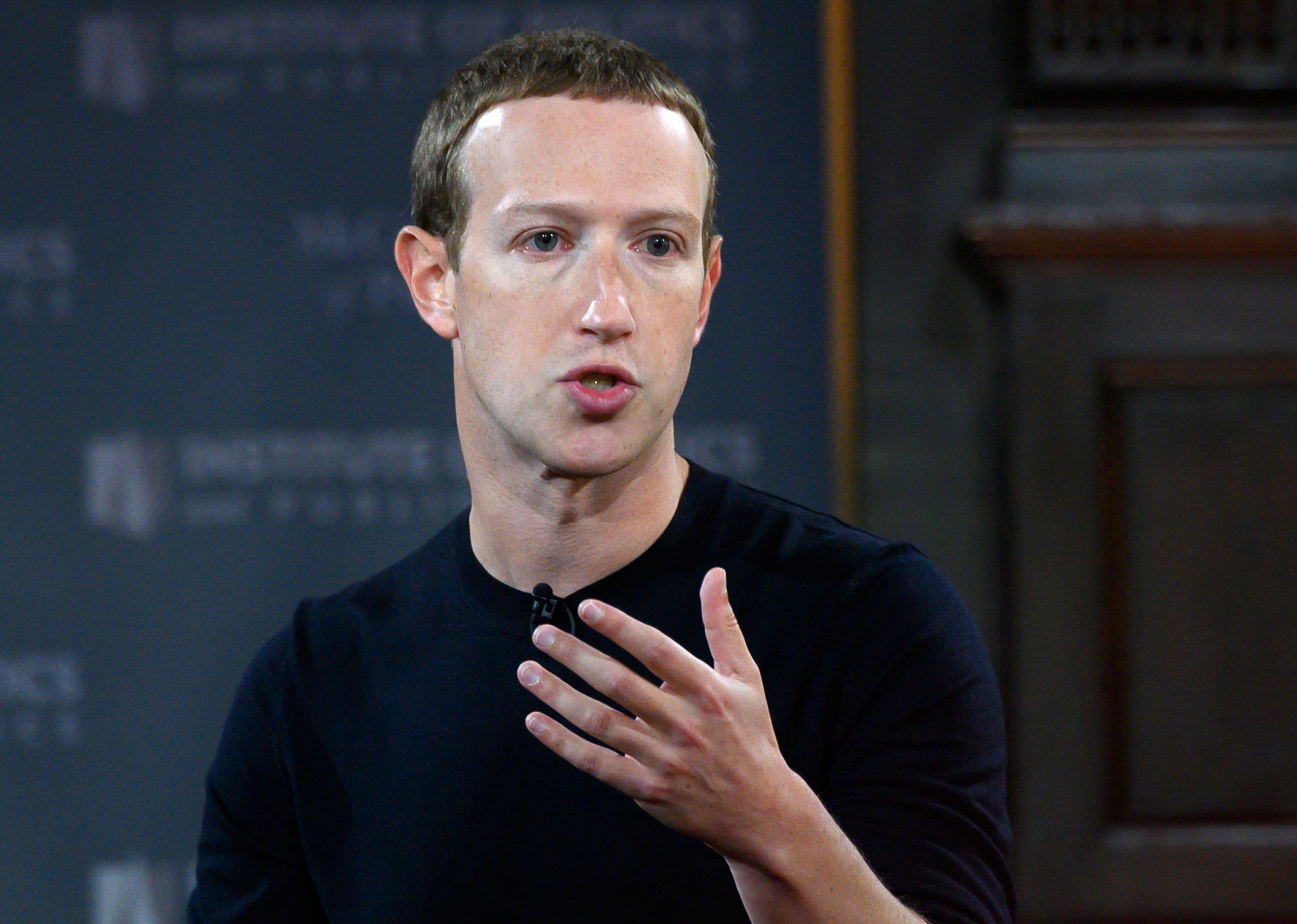Mark Zuckerberg, CEO of Facebook.
Andrew Caballero-Reynolds | AFP | Getty Images
Facebook announced on Wednesday that it plans to spend at least $ 1 billion in the news industry over the next three years.
The announcement comes days after a heated debate with the Australian government over how much Facebook news publishers should pay for content.
“We have invested $ 600 million since 2018 to support the news industry and plan to spend at least $ 1 billion more over the next three years,” Nick Clegg, vice president of global affairs at Facebook, said in a blog post published on Wednesday. .
“Facebook is more than willing to work with news publishers,” Clegg added. “We fully realize that quality journalism is at the heart of the workings of open communities – informing and empowering citizens and calling the powerful to account.”
Last month, Facebook announced with a number of publishers in the UK, including The Guardian, Telegraph Media Group, Financial Times, Daily Mail Group and Sky News. As a result, publishers will see their content in Facebook News, which is a dedicated section within the Facebook app that compiles and personalizes news from hundreds of national, local, and lifestyle publications.
Clegg said similar agreements have been reached with publishers in the US and that Facebook is in negotiations with publishers in Germany and France.
Facebook blocked news pages in Australia last Wednesday after the Australian government said it was going to introduce a new law requiring Facebook publishers to pay for the link to their stories.
However, the ban was short-lived, with Facebook concluding an agreement with the Australian government on Monday to see it add news pages to its platform.
Google also plans to spend $ 1 billion on news over the next three years.
Google announced last October that it plans to pay publishers to create and compile content for a new mobile product called Google News Showcase, which will initially be available in Brazil and Germany before being launched in other countries.
Publishers, including Der Spiegel and Die Zeit in Germany and Folha de S.Paulo in Brazil, have signed up to be part of the rollout program.
“The business model for newspapers – based on advertising and subscription revenue – has been evolving for more than a century as the public has turned to other sources,” Google CEO Sundar Pichai said in a blog post.
“The Internet was the last shift, and it certainly will not be the last … We want to play our part by helping journalism in the 21st century.”
